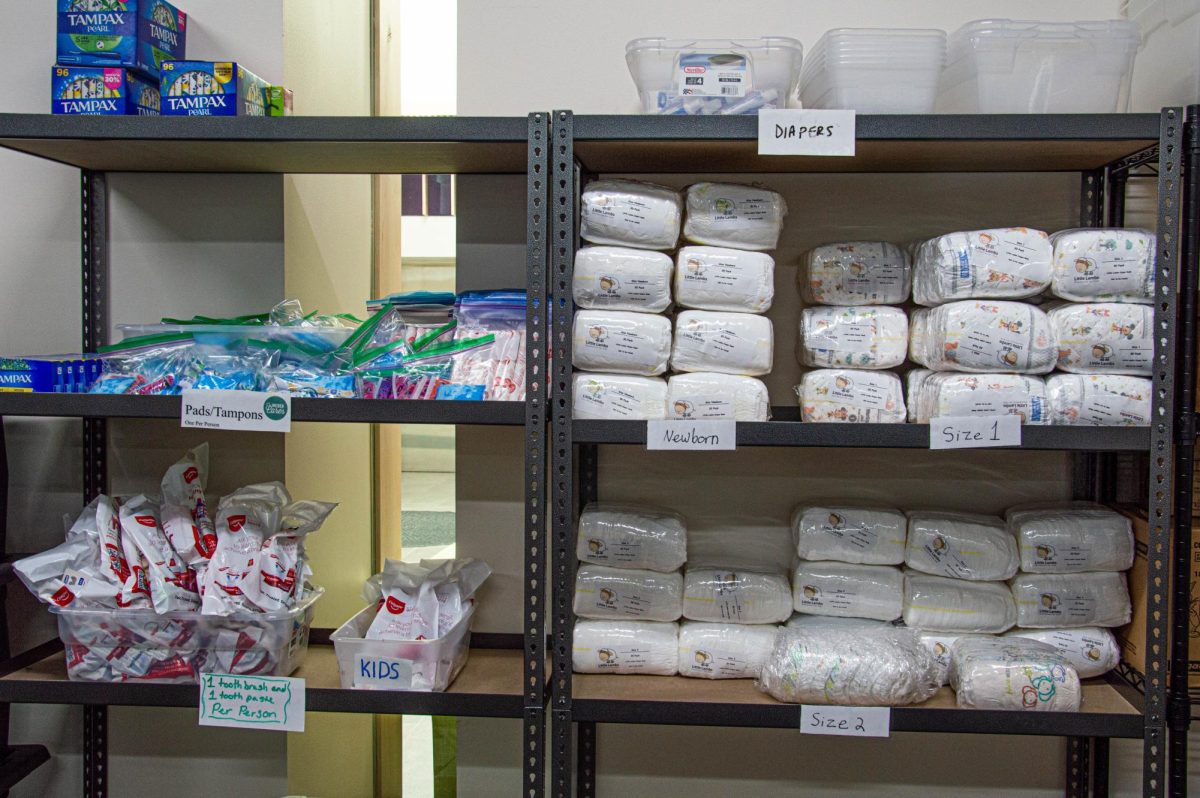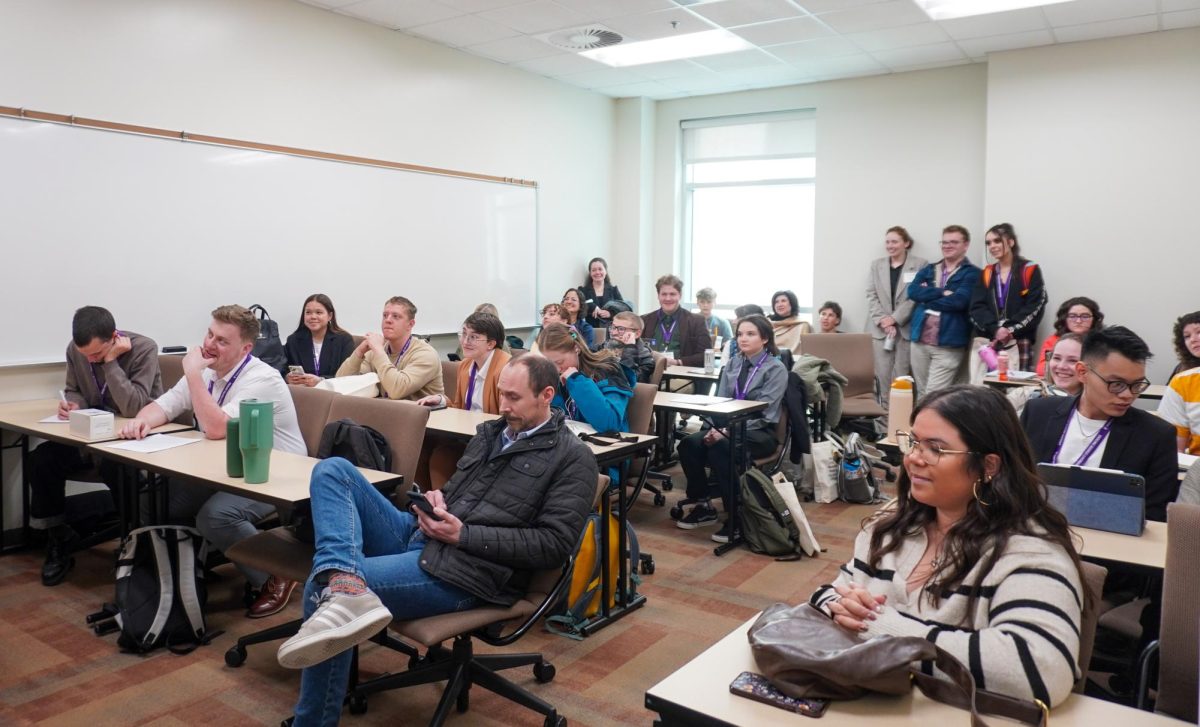From waiting tables and scrubbing floors to hospital beds and school classrooms, multilingual speakers play a vital role in the workforce.
The number of languages spoken in the U.S. has skyrocketed in recent years, so much that within the last 30 years, the use of a language other than English in the home has increased by more than 148 percent, according to the U.S. Census Bureau.
Taking advantage of opportunities to study a foreign language while in college opens doors to thousands of jobs and careers after graduation.

In today’s growing world, companies are looking for multilingual employees in order to better serve their customers. Speaking an additional language can give you a leg up in the workforce.
Craig Bergeson, professor and chair of the department of foreign languages at Weber State, said learning a language is like putting on a new pair of glasses with a particular shade and seeing the world in a completely new way. “As you study other languages and cultures, you are better able to put yourself in the other people’s shoes and understand where they’re coming from,” he said.
One of the many advantages that come from studying a language is cultural awareness. Lindsey, a sophomore at Weber State studying Spanish teaching, said learning a second language has helped her learn more about the world and her surroundings, including various cultures and their history.
“I lived in Mexico for a year and a half and so I really liked learning about the culture and the language,” Lindsey said. “I wanted to learn even more about it at an advanced level.”
Learning a second language increases vocabulary and grammar skills. More significantly, it increases the number of people within one’s personal world of communication.
Lindsey speaking another language at work “makes people feel more welcomed and comfortable to be able to have someone who understands them.” Lindsey is faced with opportunities to speak Spanish at work on a weekly basis.

The ability to communicate effectively with co-workers, clients and business interactions in multiple languages is undoubtedly a huge advantage in the workplace.
Psychological studies show that speaking two or more languages drastically increases learning capacity and development of additional life skills, offering the head start necessary to excel in school, relationships and the workplace.
Maurice DeVera, the senior manager with a local SMB (Small to Medium Business) organization in Ogden, spoke of the benefits that speaking another language has in the workforce. “It has helped me tremendously in work situations. Because I am able to speak another language, there’s a whole pool of people I can work with, it sets instant rapport with clients,” DeVera said.
When hiring new employees, one of the first things DeVera looks for is whether they speak a different language.
“Hopefully people will see more and more that [learning a language] is not just valuable personally, but economically as well,” Bergeson said. “It will make you more marketable.”
According to New American Economy (a coalition of bipartisan mayors and business leaders), U.S. employers posted roughly 240,000 job advertisements aimed at bilingual workers in 2010. That number more than doubled by 2015, reaching nearly 630,000. In its March 2017 report titled “Not Lost in Translation,” it reported “the share of postings seeking bilingual employees also increased, with the portion of online listings targeting bilingual individuals rising by 15.7 percent in the same time period.”
DeVera said employers are constantly looking for diversity, and knowing another language sets you apart from everyone else. “We can’t have people who are all exactly the same and speak only one language,” DeVera said. “Diversity helps our businesses grow.”



















